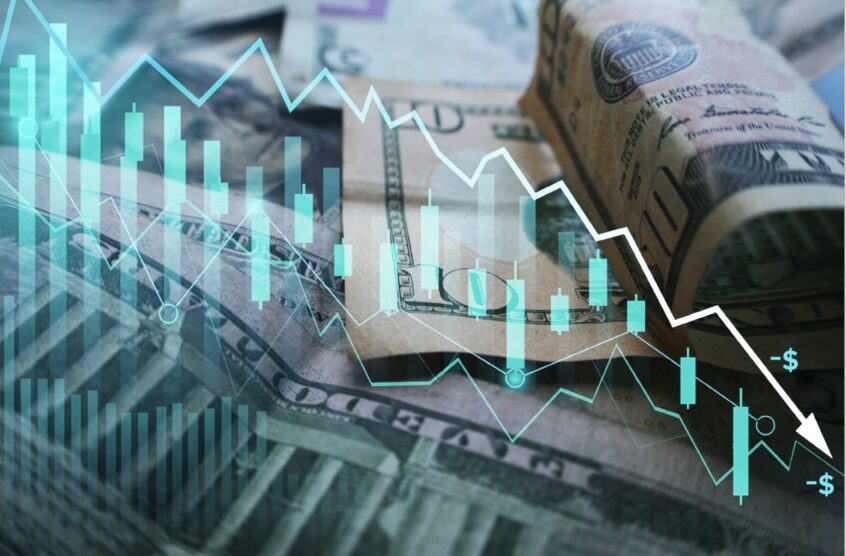Bonds Take their Toll
Global equities continued their retreat last week, falling around 2.5% in both local currency and sterling terms, and are now down some 4.5% from their end-July high. Bond yields, meanwhile, continued their upward trajectory and are the most obvious culprit for the recent weakness in stocks. 10-year US Treasury yields have hit 4.3% and broken last October’s high.
The issue for US equities is the competition they are facing from both cash and short-dated bonds, now these both pay over 5%. Unlike most other equity regions, which look either fair value or outright cheap, US equities are also expensive in absolute terms. Their price-earnings ratio has fallen back a bit but at 19.4x, still remains well above the 10-year average of 17.0.
The rise in yields has not been triggered by the market upping its estimate for the peak level of rates. Rather, it reflects the growing realisation that the Fed is in no hurry to ease policy and rates are now not anticipated being cut before the spring.
This shift in expectations has been brought about by the unexpected resilience of the economy. Indeed, US retail sales posted a strong gain in July, leaving third quarter GDP growth off to a strong start.
US equities could well come under some further downward pressure from the rise in bond yields given their elevated valuations. That said, with yields likely to be close to their peak and recession risk reduced, we do not expect a major reversal.
China is currently the polar opposite to the US and its equity market led last week’s declines. Chinese equities are cheap but this is being trumped at the moment by disappointment over the strength of the economic rebound which was reinforced by last week’s news. Retail sales, industrial production and investment growth all slowed further in July.
Confidence was also knocked by the announcement that the authorities will no longer be publishing the youth unemployment data which had hit a record high. Finally, news that a financial institution was running into problems increased concerns that the distress in the property sector might be spreading to the wider economy.
Interest rates were cut in response but the reduction was smaller than expected, probably due to a desire not to exacerbate recent weakness in the currency. But rate cuts are only one element in the toolkit, and we expect more targeted support measures to be announced over coming months. With inflation running around zero, the authorities have every incentive to do so.
Here in the UK, the latest wage and inflation numbers helped drive gilt yields higher. 10-year yields hit a new high of 4.7% and 2-year yields rose to 5.25% although remained below last month’s high.
Headline inflation slowed considerably in July to 6.8% from 7.9% on the back of a 15% drop in energy prices as the lower price cap kicked in. But the core numbers provided less reassuring reading. Core inflation was unchanged at 6.9% and service sector inflation, which is viewed as a good barometer of domestically generated price pressures, rose further to 7.4%.
These concerns were reinforced by an unexpected increase in regular wage growth in June to 7.8%, the highest level since records began in 2001. Against that, a rise in the unemployment rate to 4.2% and a fall in employment showed that the labour market has started to cool. This, along with the retreat in headline inflation, should in due course slow wage gains.
In the meantime, the pressure remains on the Bank of England to raise rates again. A 0.25% rise to 5.5% looks very likely on 21 September, absent a big surprise in the August inflation numbers. As to where rates peak, the market has upped its expectation following the latest data to 6.0% from 5.75%.
This week, market attention will be focused primarily on US, Eurozone and UK business confidence numbers for August on Wednesday and a speech by Fed Chair Powell at the annual central bankers’ shindig at Jackson Hole on Friday. That said, Nvidia, the AI semiconductor darling, reports on Wednesday and its results will also be watched closely for any clues as to whether AI is all it’s cracked out to be.

Rupert Thompson – Chief Economist

